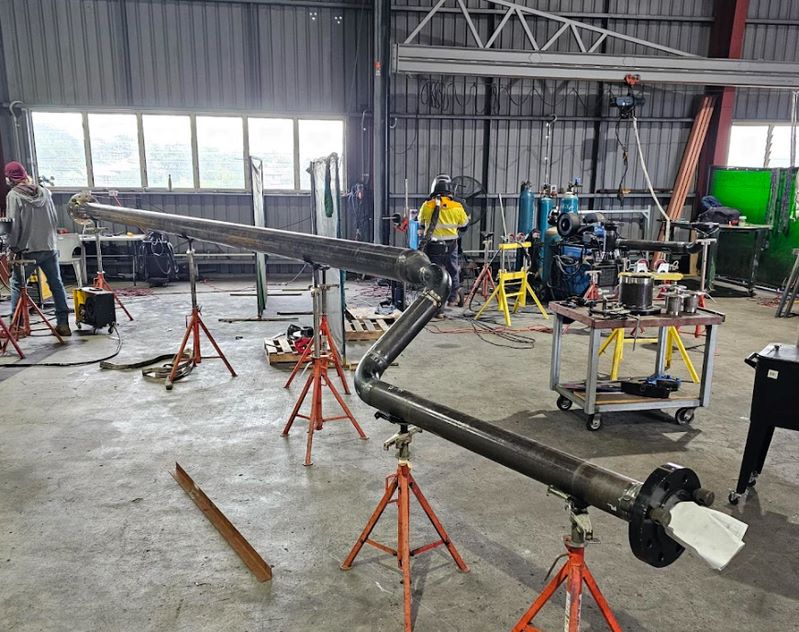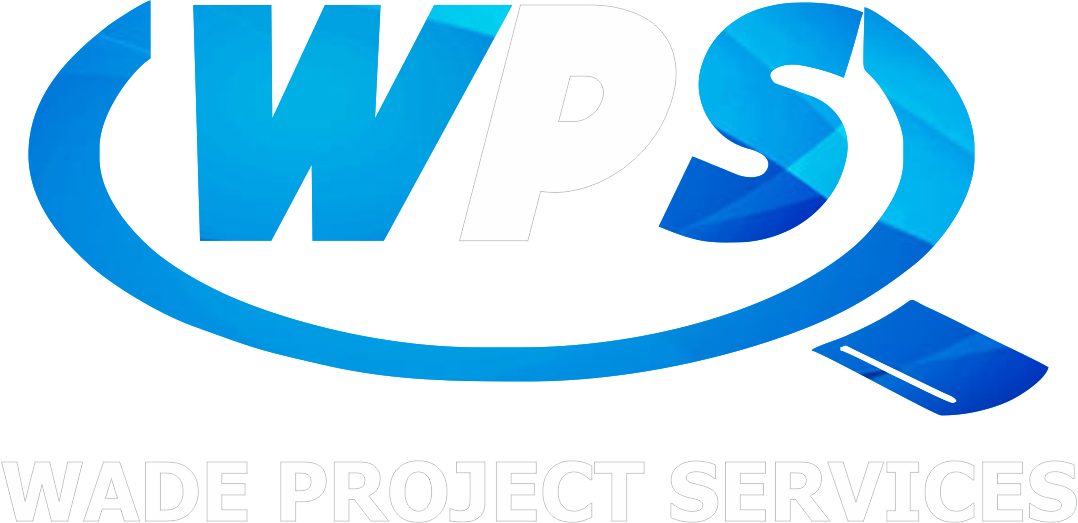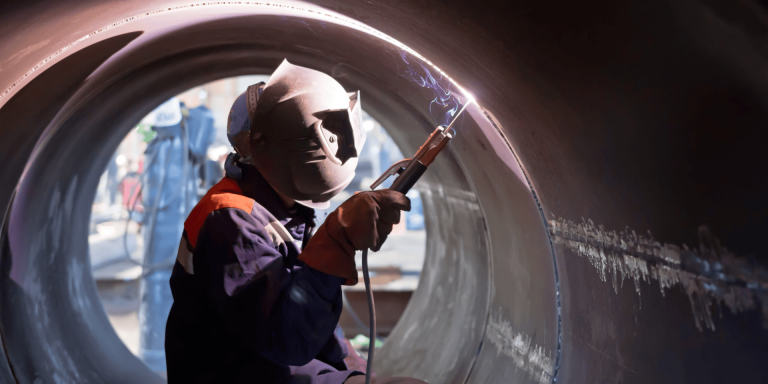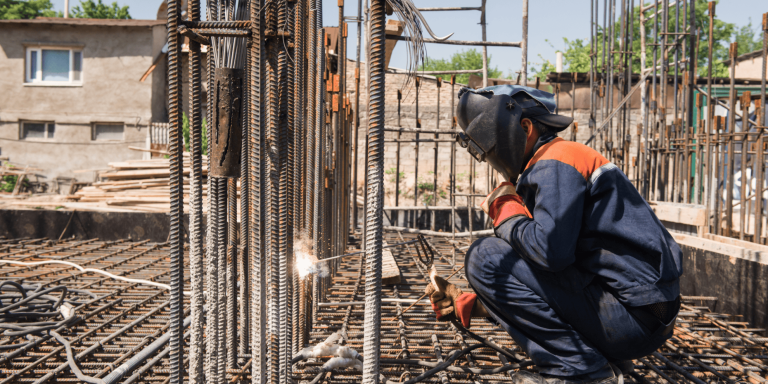
In high-pressure piping projects, the significance of having qualified welders cannot be overstated. These projects often involve critical systems where the integrity and safety of the work directly impact both operational efficiency and the well-being of personnel. Welding in high-pressure environments is not just a task; it’s a responsibility that requires expertise and adherence to strict standards. A single faulty weld can lead to catastrophic failures, making it essential to prioritise welder qualifications for any project involving high-pressure systems.
The Importance of Welder Qualifications
Welder qualifications serve as a benchmark for competence in the welding profession, particularly in high-risk environments. Certified welders possess specialised training and skills that are crucial for producing high-quality, reliable welds. These certifications ensure that welders have a thorough understanding of the welding processes, materials, and safety protocols required for complex projects. In contrast, non-certified welders may lack the necessary training, resulting in inconsistent quality and increased risk of failure.
Having certified welders on site significantly reduces the likelihood of mistakes that could compromise safety. It also assures clients and stakeholders that the work meets industry standards and regulations. By choosing certified professionals, companies not only protect their projects but also enhance their reputation within the industry.
What Is WTIA Certificate 10?
The WTIA Certificate 10 is a vital credential in the Australian welding industry, representing a comprehensive qualification for welding supervisors. This certification demonstrates that the holder has the necessary expertise to manage and oversee welding operations effectively. The WTIA Certificate 10 encompasses a variety of competencies, including an understanding of welding procedures, materials, and the ability to interpret specifications accurately.
This certificate is particularly crucial in industries such as oil and gas and high-pressure piping, where the implications of inadequate welding can be severe. For instance, in the oil and gas sector, a failure in a high-pressure pipeline could lead to environmental disasters and significant financial losses. Thus, having supervisors with WTIA Certificate 10 is not just a regulatory requirement; it’s a critical factor in maintaining safety and operational efficiency.
Understanding WPS/PQR Development
To ensure that welding operations meet the highest safety and quality standards, it’s essential to understand Welding Procedure Specifications (WPS) and Procedure Qualification Records (PQR). The WPS outlines the specific parameters and methods to be followed for a particular welding project, ensuring that the welds produced meet industry requirements. It acts as a guide for welders, providing detailed instructions on everything from joint design to welding techniques.
On the other hand, the PQR documents the results of welding tests and verifies that the welding procedure can produce welds that meet the specified requirements. Together, WPS and PQR are critical for maintaining quality control in welding processes. They ensure that every aspect of the welding operation is thoroughly documented and complies with industry standards, minimising the risk of defects and enhancing overall safety.
Industries Requiring Qualified Welders
Several industries depend heavily on qualified welding supervisors to ensure project success. Construction, infrastructure, and energy sectors are among the most prominent fields where welding expertise is paramount. For example, in construction, qualified welders are essential for erecting safe structures, while in the energy sector, welding is crucial for building pipelines that transport oil and gas.
Furthermore, industries such as manufacturing and mining also require certified welders for various applications, from fabricating machinery to repairing heavy equipment. The need for certified welders is underscored by the increasing complexity of projects and the stringent safety regulations governing these sectors.
The value of qualified welders in high-pressure piping projects is immense. Their expertise, backed by relevant certifications like the WTIA Certificate 10, ensures that projects meet safety standards and regulatory requirements. By prioritising welder qualifications, companies can protect their operations, enhance their reputations, and ensure a safer working environment. Investing in skilled welders is not just about compliance; it’s about committing to excellence in every aspect of project execution.
For more information on welder qualifications or to discuss your next project, feel free to reach out to Wade Project Services. You can fill out our contact form or email us at wade@wadeprojectservices.com, or call 0417 890 206. Your project’s success is our priority, and we’re here to help!


